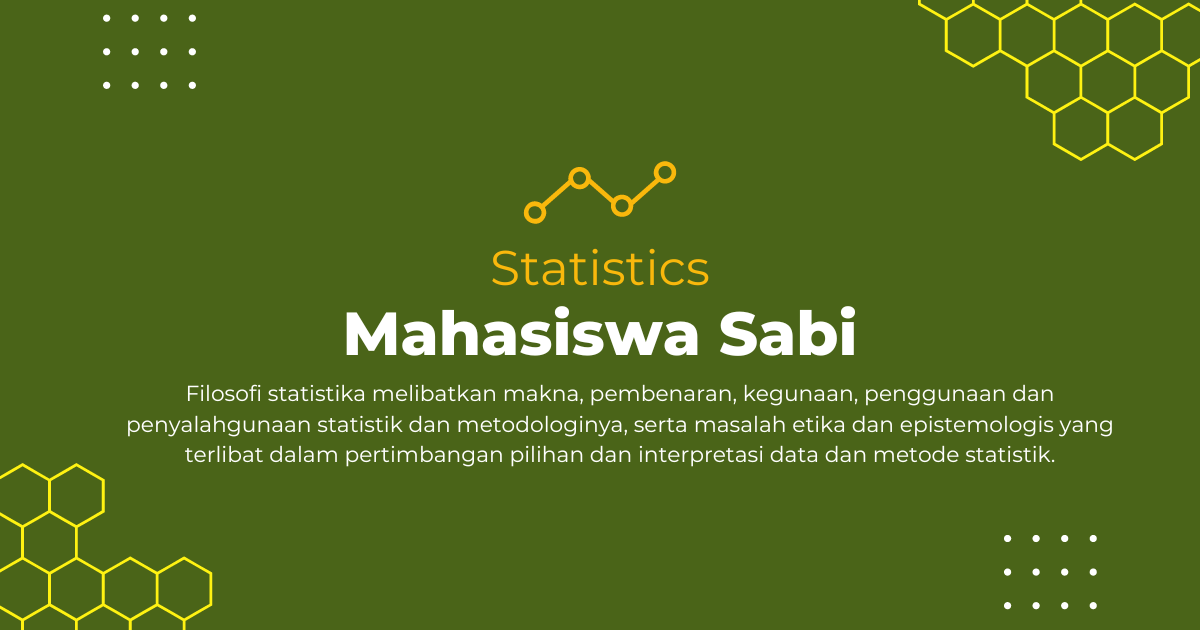
Bahasa Inggris
Simplifying Access to Knowledge: The Role of English Language
English has become the global language of science, technology, and academia, facilitating the dissemination and accessibility of knowledge across borders and disciplines. This article explores how the prevalence of English as a medium of scholarly communication has streamlined access to scientific advancements and educational resources worldwide.
The Universality of English in Academic Settings
English has emerged as the lingua franca of academia, transcending geographical and linguistic barriers. It serves as a common ground for researchers, scholars, and students from diverse linguistic backgrounds to communicate and collaborate effectively. In scientific conferences, academic journals, and international collaborations, English plays a pivotal role in ensuring that ideas and research findings can be shared and understood universally.
Facilitating Research Collaboration
One of the key benefits of English in academia is its role in promoting research collaboration on a global scale. Researchers can access a vast array of scientific literature, research papers, and academic resources published in English. This accessibility fosters interdisciplinary collaboration and the exchange of ideas among scholars across different countries and continents.
Enabling Access to Educational Resources
English proficiency opens doors to a wealth of educational opportunities, particularly through online courses, academic lectures, and educational materials available in English. Platforms like Coursera, edX, and Khan Academy offer courses in various disciplines, allowing learners worldwide to access high-quality educational content regardless of their native language.
Enhancing Career Opportunities
Proficiency in English enhances career prospects for individuals in academia and beyond. Many multinational corporations, research institutions, and international organizations require English proficiency for employment and advancement. Command of English enables professionals to participate in global conferences, present their research, and contribute to global initiatives, thereby advancing their careers on an international scale.
Challenges and Considerations
While English facilitates global communication and knowledge sharing, it also poses challenges related to linguistic diversity and inclusivity. Non-native English speakers may face barriers in academic publishing, comprehension of complex scientific concepts, and participation in international forums. Efforts to promote multilingualism and support translation services are essential to ensure equitable access to knowledge across linguistic boundaries.
Conclusion
English serves as a powerful tool for simplifying access to knowledge in the global academic community. Its prevalence enables researchers, scholars, and students worldwide to engage in collaborative research, access educational resources, and pursue career opportunities on an international scale. However, efforts to address linguistic diversity and promote inclusivity are crucial to ensure that access to knowledge remains equitable and inclusive for all individuals, regardless of their native language. As English continues to evolve as a medium of scholarly communication, its role in advancing global knowledge exchange and academic collaboration remains indispensable.









